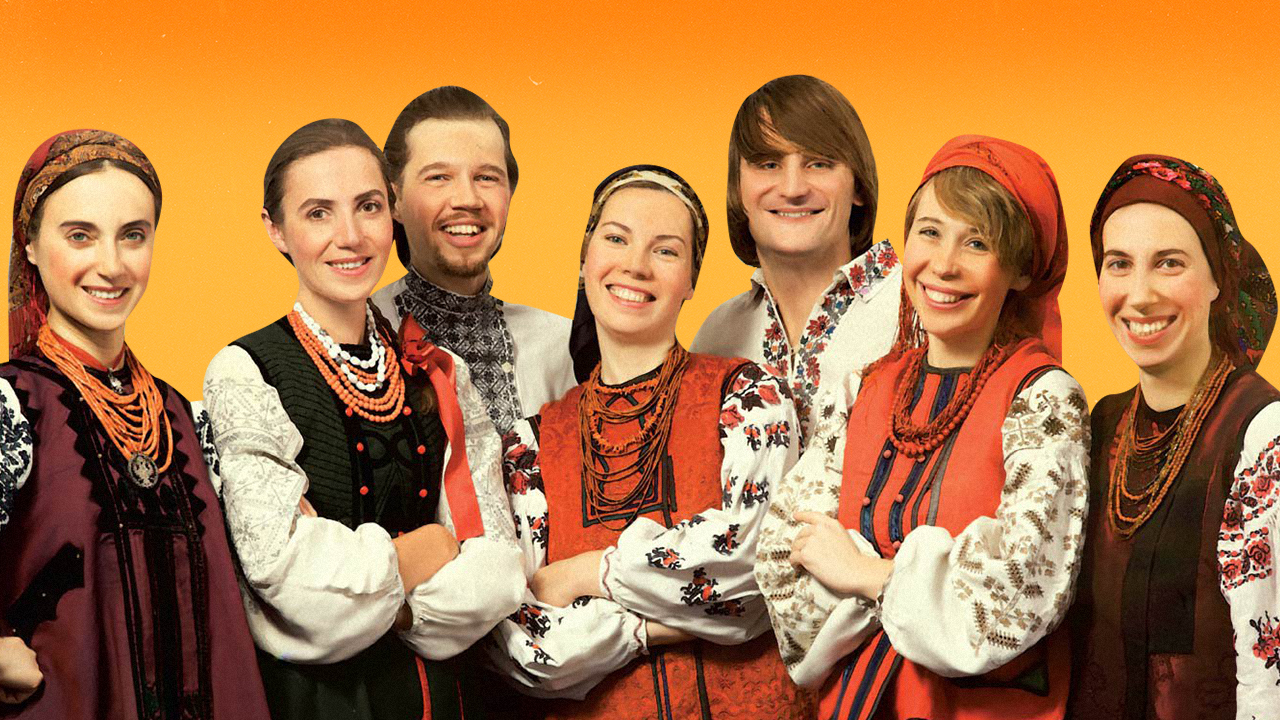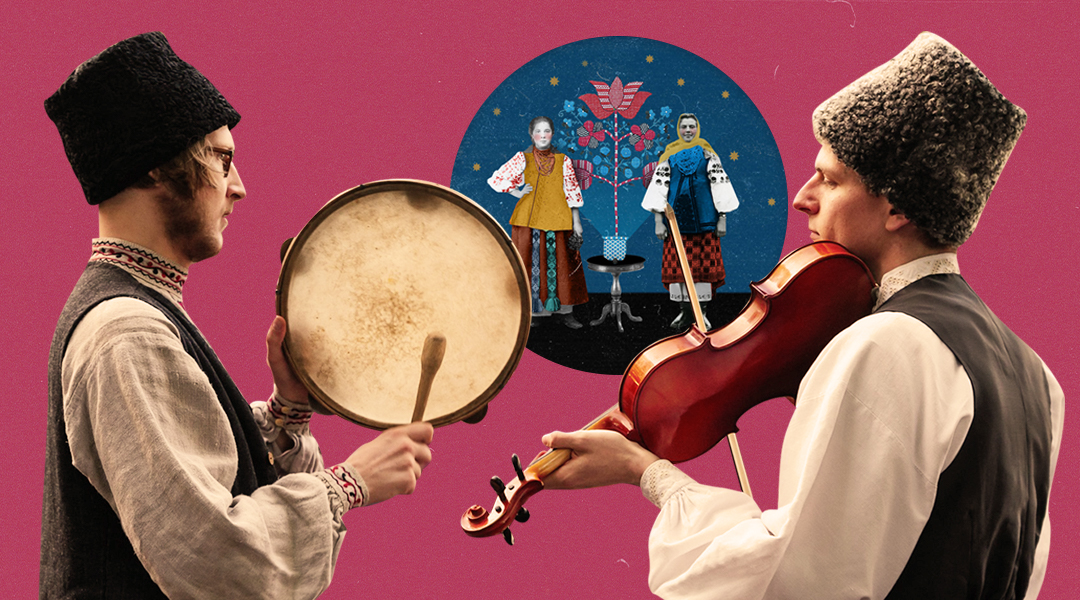The way the Ukrainians took their own national identity after the 2014 Revolution of Dignity events gave rise to the skyrocketing of new Ukrainian folk art manifested in songs, painting and vogue. The popularity of artists who chose ethno-direction points that we, Ukrainians, are curious about getting to know more about our cultural history and learning traditions and customs of our ancestors.
We are going to tell you about folk bands retaining authenticity and making the folk genre fashionable. The main area of their activity is to study the singing traditions of our country. They go on explorations to different corners of Ukraine, gather texts and learn techniques of their performance.



